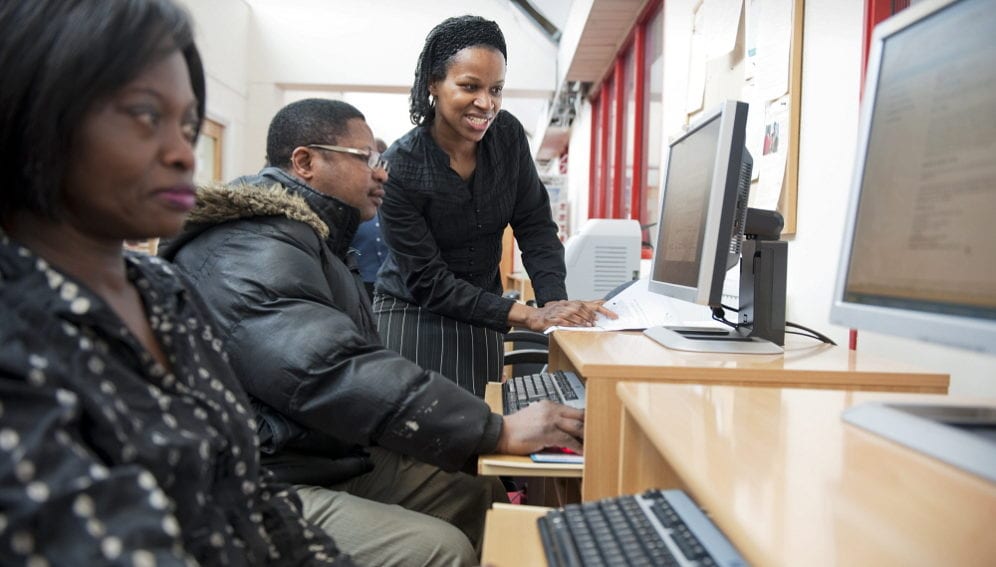By: Noshua Watson
Send to a friend
The details you provide on this page will not be used to send unsolicited email, and will not be sold to a 3rd party. See privacy policy.
In April, SciDev.Net reported on the NETmundial conference in Brazil, where representatives from many nations discussed the future of internet governance — the setting of standards, norms and technical protocols for the use of the internet. Delegates from several developing nations were concerned that a lack of multilateral and citizen participation in such governance means that governments can use the internet to violate human rights.
But there is another reason why developing countries should participate in internet governance: economic development. While the internet itself is a global network without a central governing body, under the current governance model, certain stakeholders can have more influence than others over the structure, connections and content of the internet.
Why should developing countries care about that? Because setting standards for online platforms or services can lead to exponential economic returns. The dominance of Google’s search services (which began as academic research) and the Amazon e-commerce platform are examples of inequality in economic returns and influence over the internet that can emerge when goods and services become market leaders via the internet. The rewards of internet participation — commercialisation, sales, business funding, research funding, media attention, inclusion in new initiatives — disproportionately go to those who set standards or achieve overwhelming user adoption.
“It’s vital for developing countries to continue lobbying at an international level for a say over internet infrastructure governance.”
Noshua Watson
Clearly, doing business online is an opportunity for developing countries that is not going away. Global trade flows increasingly consist of data and digitally enabled goods and services, according to a recent study by management consultancy McKinsey. [1] And it says that global cross-border flows of data and communication have grown 52 per cent since 2005. While levels of international travel remain the same, internet bandwidth has grown seven times over, the report adds.
So if developing countries can start to grow businesses that work well online — particularly in sectors such as e-commerce, telecommunications and knowledge work — they have an opportunity for rapid economic growth.
But this path to growth depends on participation in internet governance. That’s why it’s vital for developing countries to continue lobbying at an international level for a say over internet infrastructure governance, including standards for interoperability between devices, the creation of digital platforms for the exchange of goods and services, and intellectual property rights.
The highlighting of human rights as a reason to increase developing countries’ participation in internet governance, as seen at NETmundial, also presents an opportunity to reflect on the gap in developing countries’ economic participation in the internet. It’s not just about creating the business environment for future Googles and Amazons to emerge; it’s also about helping to determine internet protocols, pushing local research to increase its chances of becoming a global standard, and creating opportunities for commercialisation. But promoting discussions around digital infrastructure may prove to be highly fruitful because the potential reward from full online participation is so high.
Noshua Watson is a business and technology researcher who specialises in the role of the private sector in international development. She has worked in media, academia and the private sector, including for Fortune magazine, the Institute for Development Studies in the United Kingdom, and technology consultancy firm Accenture.
References
[1] James Manyika and others Global flows in a digital age (McKinsey, April 2014)














